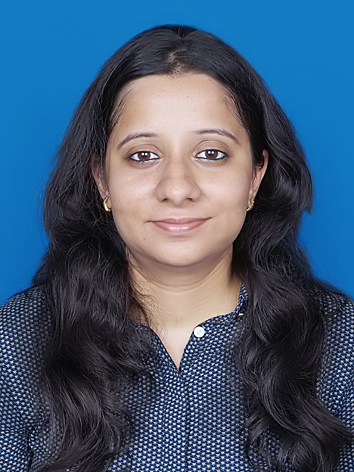
What’s new at Shannon ABC!

We are delighted to welcome Dr Prachi Varshney to the team at Shannon ABC. Dr Varshney is a Marie Sklodowska-Curie “Career-FIT PLUS” fellow at Shannon ABC in TUS: Midlands Midwest, Moylish Campus. She holds a PhD in Microalgal Biotechnology and Ecophysiology from the Indian Institute of Technology Bombay, India (IITB) and Monash University in Australia (Joint Degree) and a master’s and bachelor’s degree in Chemical Engineering from the eminent institutes of India.
During her PhD, she identified and studied several extremophilic microalgal strains for the biofixation of high concentrations of carbon dioxide (CO2) and nitric oxide (NO) found in industrial flue gases. She investigated the effects of various gas concentrations on the macromolecular composition of algal cells using both conventional ‘wet chemistry’ and ATR-FTIR spectroscopy. She used a range of chlorophyll a fluorescence techniques and oxygen electrode measurements to study the physiology and photosynthetic performance of the selected strains under different stress conditions.
Post her PhD; she worked for more than three years as a Senior Research Scientist at Bharat Petroleum Corporation Limited (BPCL), a Fortune 500 corporation and India’s second-largest downstream oil company. She has extensive experience in various microbiological, biochemical, and analytical techniques and bioprocess development. She has leveraged her expertise in developing biotechnological processes for converting algal and lignocellulosic biomass to biofuels & high-value biochemicals and bioremediation of industrial wastewater & stack gases. She has published several research articles, chapters in high-impact international peer-reviewed journals and books and supervised several bachelor’s and master’s students’ research projects.
At Shannon ABC, she is investigating the commercialisation potential of selected in-house intellectual properties (IP) related to the production of high-value products (natural colourants, omega-3 and -6 fatty acids, phycobiliproteins, etc.) from microalgae, as well as analysing and licensing microalgae-based IP from other institutes utilising their EU-funded initiatives for possible scale-up and taking the research to the next level.